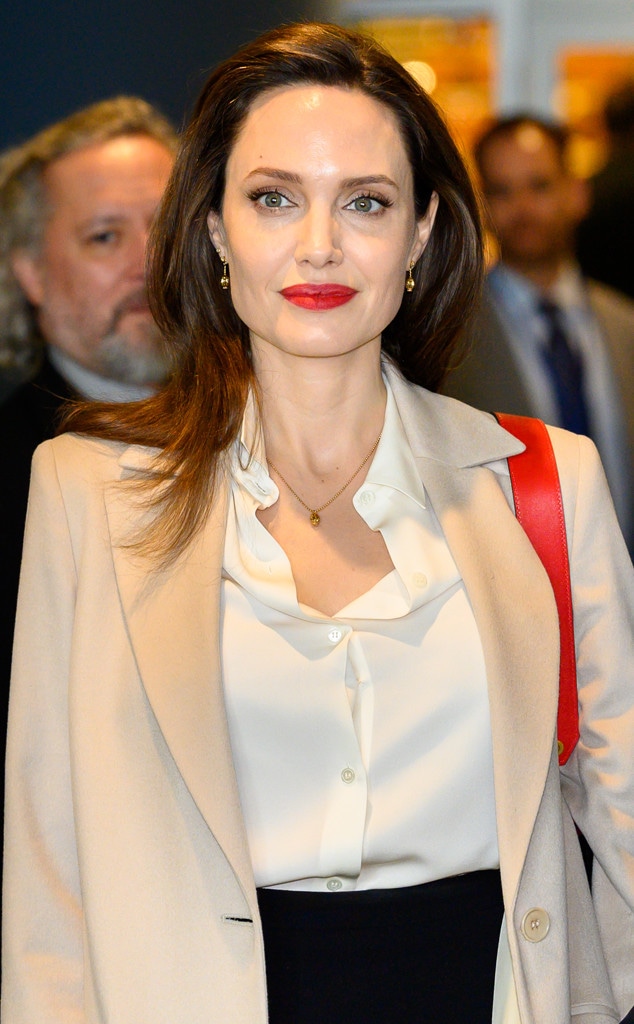
As if having a successful career as an actress, director, mother, and philanthropist wasn’t enough, this celebrity has added another title to her resume: contributing editor. Time’s editor-in-chief and CEO, Edward Felsenthal, recently announced that the Oscar winner has joined the magazine’s team in this role.

As per the report, Jolie will be covering various topics in her articles, including displacement, conflict, and human rights. These are subjects that she can certainly speak to given her experience as a Special Envoy for the United Nations High Commissioner for refugees since 2012 and her previous role as a Goodwill Ambassador for UNHCR for about 11 years. Throughout her time with the organization, Jolie has undertaken approximately 60 field missions and has written for Time magazine before. In April, she wrote an article about the role of women in promoting peace in Afghanistan.

Jolie will be contributing monthly articles to Time’s various platforms, with her first piece already available for readers. Titled “Angelina Jolie: What We Owe Refugees,” her article discusses the blurring and politicizing of the distinction between refugees and migrants.

In some cases, leaders intentionally use the terms “refugee” and “migrant” interchangeably with hostile language that stirs up fear towards outsiders. However, it is important to distinguish between the two and ensure that everyone is treated with dignity and fairness. While strong border control is possible, it is also our obligation under international law to assist refugees. We can meet this responsibility while also implementing humane immigration policies.

Next, she highlights that throughout her 18 years at UNHCR, the number of individuals who have been forcibly displaced has increased from 40 million to 70 million. She emphasizes the urgency for action to address this critical issue.

On June 20, as we observe World Refugee Day, it is not realistic to assume that any country can solve the problem of refugees simply by closing its borders and hoping for the best. What is needed is strong leadership and effective diplomacy focused on achieving long-term peace based on justice, human rights, and accountability. This approach may be challenging but it is necessary to make a real difference. We must remember that the gap between us and refugees is not as wide as we might think.



